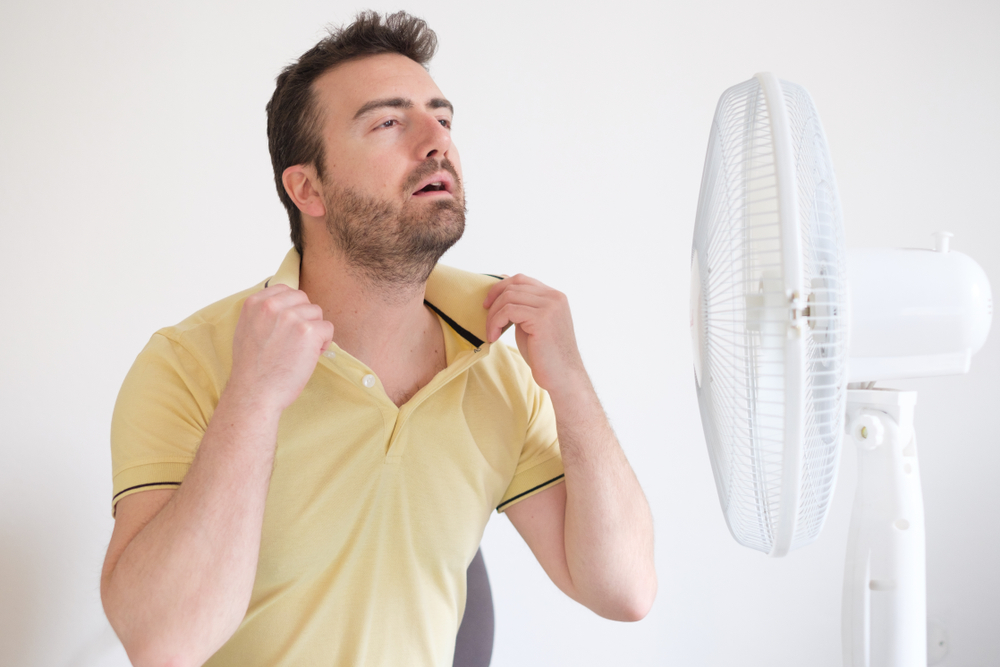Cold sweats refer to sudden perspiring which not due from heat or effort. The medical expression for cold sweats is diaphoresis. It originates from the body’s reaction to stress, called the fight or flight reaction.
It’s essential to perceive cold sweats while giving emergency treatment, which can be an indication of damage or disease, among other basic causes.
Cold sweats happen when you abruptly feel a chill in your body that happens regardless of hot or cold environments.
Cold sweats don’t occur over your whole body and aren’t restricted to when you’re sleeping around evening time.


